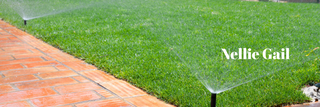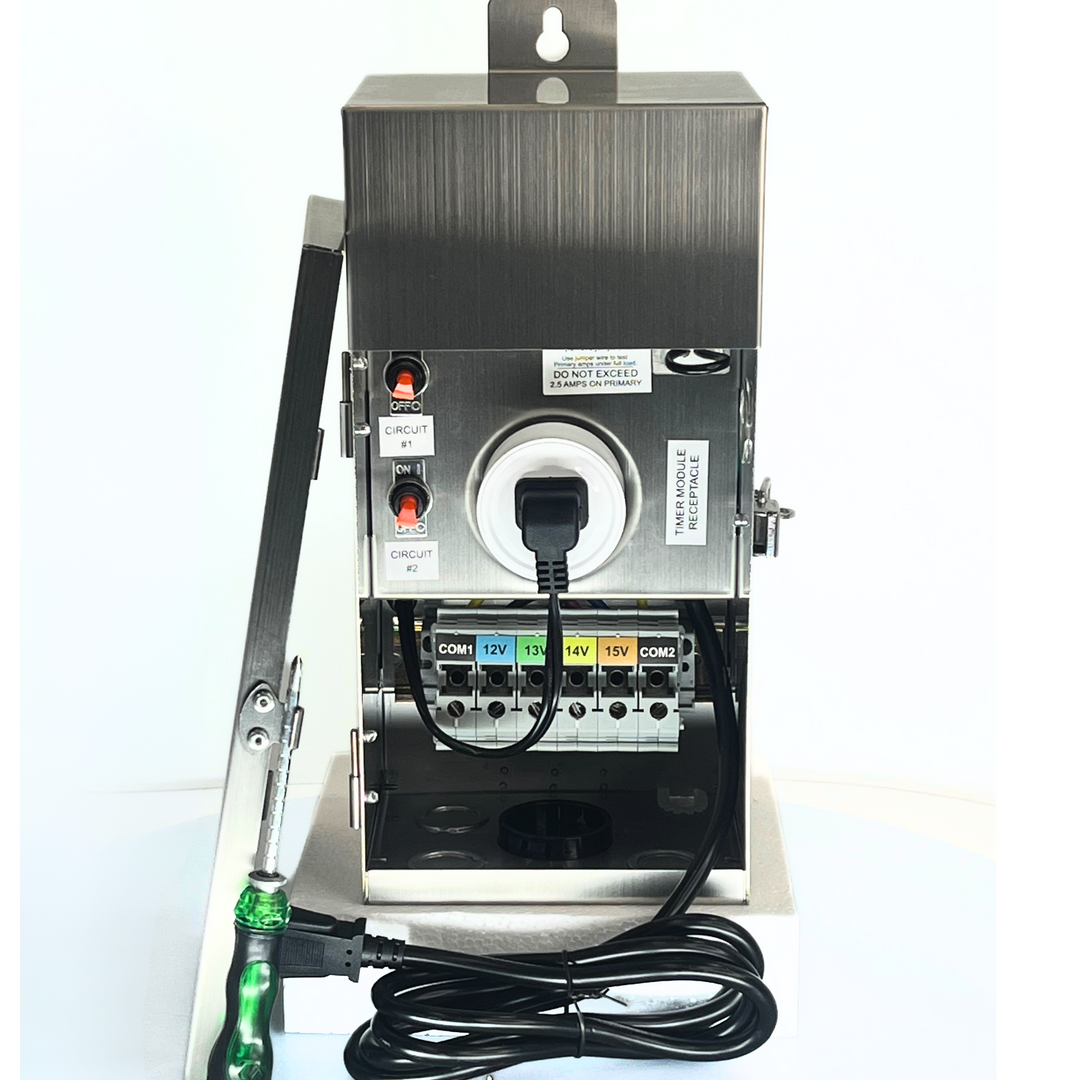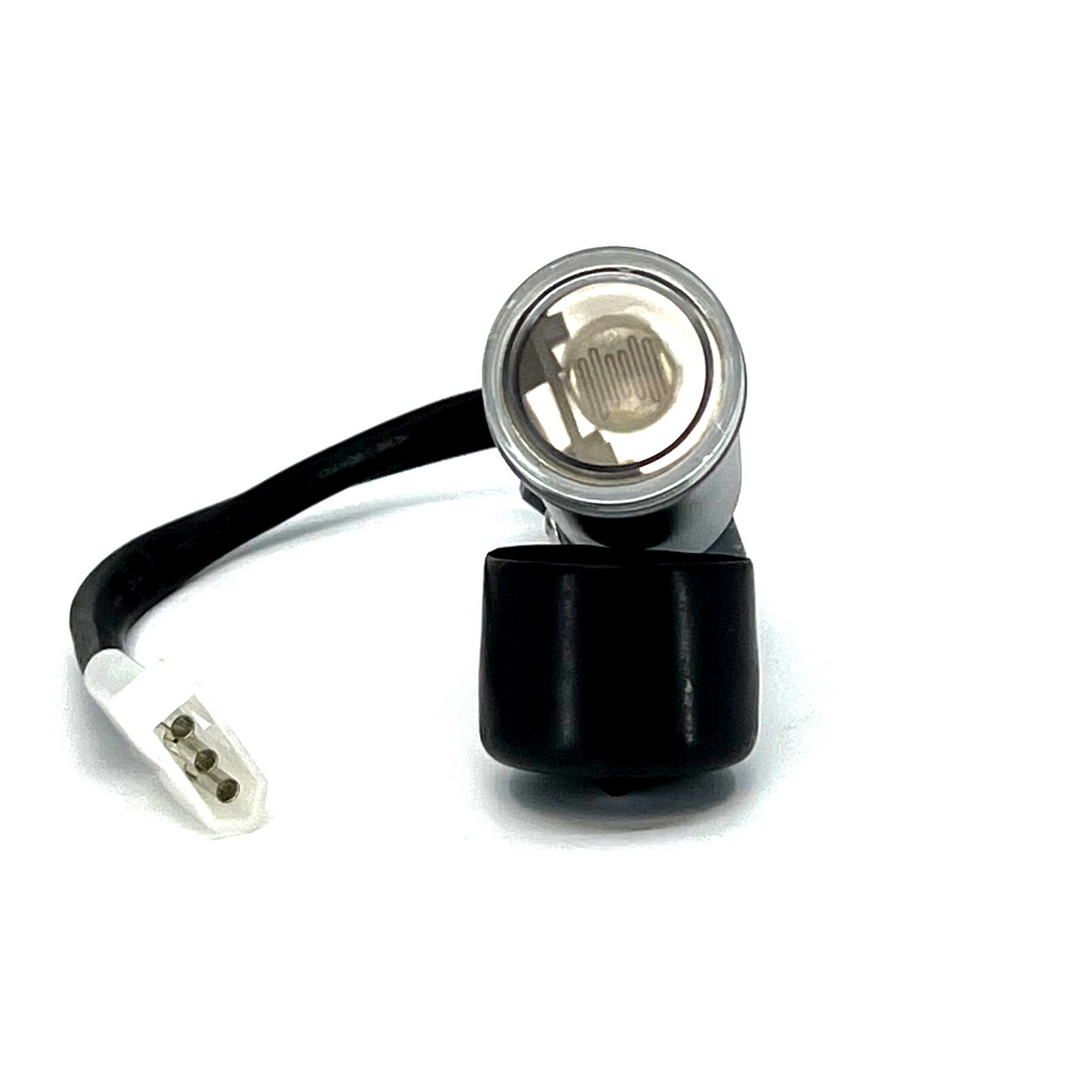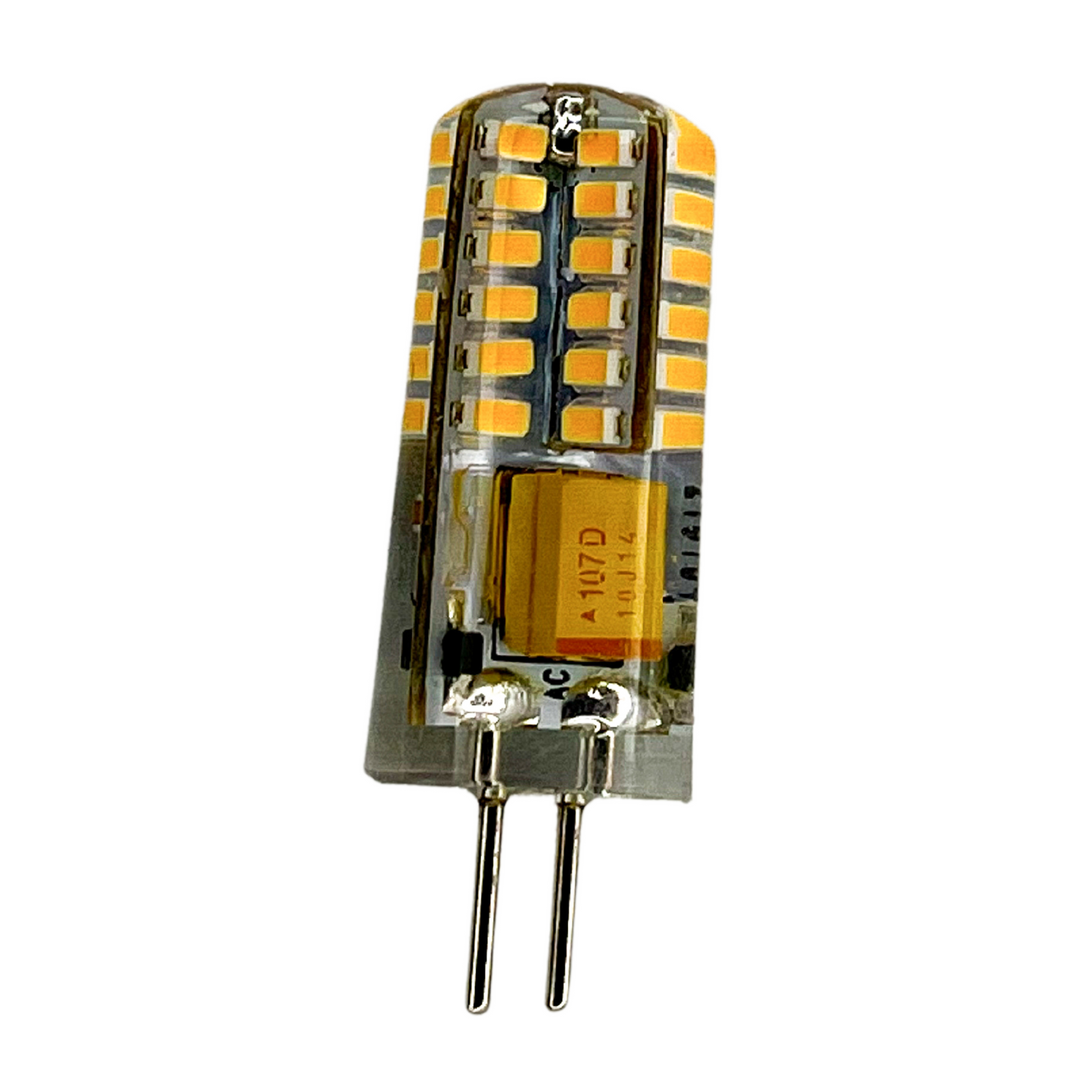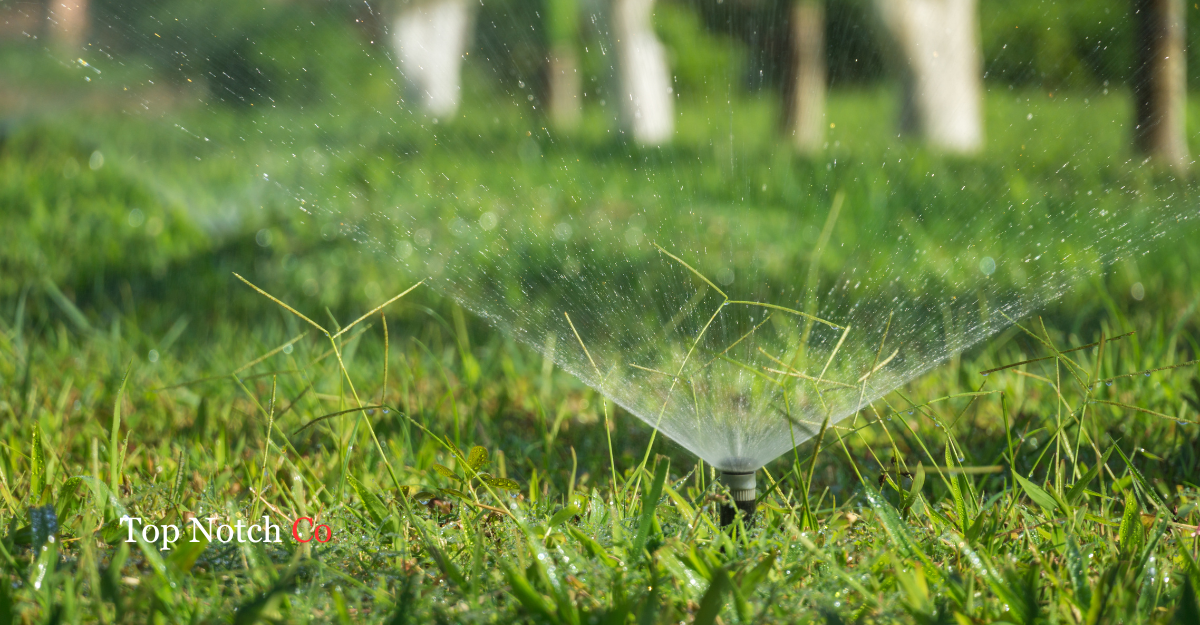
Don't Wait Until It's Too Late: Call Us for Sprinkler System Repair
|
|
Time to read 6 min
A well-functioning sprinkler system is more than a convenience; it's a key component in maintaining a lush, healthy garden and lawn. However, like any system, it requires regular maintenance and timely repairs to function effectively. Neglecting these aspects can lead to larger, more expensive problems, such as water waste, uneven lawn growth, and eventually, the need for a complete system overhaul. This article explores the crucial aspects of sprinkler system repair and maintenance, offering valuable insights and practical tips for homeowners.
Sprinkler System Repair: Understanding Sprinkler Systems
Types of Sprinkler Systems
Sprinkler systems are designed to meet diverse landscaping needs. Rotor systems, ideal for large, open areas, distribute water over a large radius. Spray systems, on the other hand, are suitable for smaller, more defined spaces, delivering a fixed spray pattern. Drip irrigation systems offer the most efficient water usage, directing water precisely to the roots of plants, minimizing evaporation and runoff.
Role in Lawn and Garden Care
A properly functioning sprinkler system ensures even water distribution, essential for the health and appearance of your lawn and garden. It conserves water by targeting specific areas and providing the right amount of moisture, critical in areas with water use restrictions or low rainfall
Signs Your Sprinkler System Needs Repair
Water Distribution Issues
Watch for signs like puddles forming in certain areas or parts of your lawn appearing drier than others. These inconsistencies might indicate leaks or blockages in your system, leading to over-watering or under-watering of different lawn sections.
Pressure Problems
Both low and high-water pressure in your sprinkler system can be detrimental. Low pressure might fail to deliver enough water, whereas high pressure can cause damage to the sprinkler heads and lead to water wastage.
Visible Damage
Physical damage to sprinkler heads, pipes, or valves can significantly impede your system's performance. Regular visual inspections can help identify such issues early on.
The Best Time for Sprinkler Maintenance
Seasonal Maintenance
Each season brings its own set of maintenance requirements. Spring is ideal for checking for any winter damage. Summer requires regular inspections to ensure optimal performance during peak usage. Fall is the time to prepare your system for the colder months.
Sprinkler Blowout Timing
In areas with harsh winters, a sprinkler blowout is essential to prevent water from freezing in the pipes and causing damage. This process involves expelling all water from the system, typically done in the fall before the first freeze.
Winterization Steps
Winterizing your sprinkler system involves more than just a blowout. It includes shutting off the water supply, draining the valves and pipes, and insulating any above-ground components to protect them from freezing temperatures.
Tackling Common Sprinkler System Issues
Leak Identification and Repair
Leaks in your sprinkler system, if left unattended, can lead to significant water loss and increased bills. Identifying leaks early involves monitoring for unexpected increases in water usage or soggy areas in your lawn. Repairing leaks promptly can prevent more extensive damage to the system and your landscape.
Pipe and Wire Maintenance
Underground pipes and electrical wiring are susceptible to various issues, from natural wear and tear to accidental damage during yard work. Regular checks for any visible damage or inconsistencies in sprinkler performance can indicate underlying issues with these components.
Electrical Components
The electrical components of your sprinkler system, like the controller and sensors, play a vital role in its operation. Ensuring they are in good working condition involves regular testing and maintenance. This includes checking for proper voltage, inspecting wires for damage, and ensuring waterproofing of all electrical connections.
Cost Considerations in Sprinkler Repair
Factors Influencing Cost
Several factors can affect the cost of Sprinkler System Repair, including the complexity of the system, the extent of the damage, and the cost of replacement parts. For example, repairing a simple mechanical issue in a basic system will generally be less expensive than fixing a complex electrical problem in a more advanced system.
Budgeting Tips
To manage repair costs effectively, it's advisable to conduct regular maintenance checks to identify and resolve minor issues before they escalate. Setting aside a maintenance fund can also help manage these expenses more effectively.
The Role of Professional Sprinkler System Checkups
Advantages of Expert Assessment
A professional can offer a comprehensive assessment of your sprinkler system, identifying potential issues that may not be apparent to the untrained eye. They can also provide expert advice on system optimization, helping you save water and money in the long run.
Inspection Elements
A professional checkup typically includes a thorough inspection of all system components, including the controller, valves, pipes, sprinkler heads, and sensors. This comprehensive approach ensures that every part of the system functions correctly and efficiently.
DIY vs. Professional Sprinkler Repair
DIY Repairs
Many minor sprinkler system issues, such as cleaning clogged nozzles or adjusting sprinkler heads, can be handled by homeowners with basic DIY skills. This can save money and provide a sense of accomplishment.
When to Call a Professional
For more complex issues, such as deep underground leaks, electrical faults, or system redesigns, professional expertise is essential. Attempting complex repairs without the necessary skills can lead to further damage and increased costs.
Preventative Measures and Regular Maintenance
Maintenance Tips
Regular maintenance tasks include cleaning and adjusting heads, checking for leaks, and adjusting the controller settings as per seasonal requirements. These simple steps can significantly enhance the efficiency and lifespan of your system.
Preventing Major Repairs
Consistent maintenance is key to preventing major system breakdowns. By addressing minor issues promptly, you can avoid the need for more significant, costly repairs in the future.
Frequently Asked Questions
Here are some additional questions and answers that provide further insights into the maintenance and repair of sprinkler systems, complementing the information provided in the main article. These FAQs add valuable information for readers seeking more detailed knowledge about maintaining and repairing their sprinkler systems.
1. How often should I schedule a professional inspection for my sprinkler system?
Professional inspections should be scheduled at least once a year, ideally during spring. This timing ensures that any damage from winter weather is identified and addressed before peak usage in the summer.
2. Can I use my sprinkler system during a water restriction period?
During water restriction periods, it's important to comply with local regulations. Some systems come with smart controllers that can adjust watering schedules based on weather conditions and local water restrictions.
3. What is the most common reason for sprinkler system failure?
One of the most common reasons for sprinkler system failure is a leak or blockage in the pipes. Regular inspections can help identify these issues early, preventing a complete system failure.
4. How do I know if my sprinkler heads need replacement?
Sprinkler heads may need replacement if they are visibly damaged, fail to retract, deliver inconsistent water flow, or are clogged frequently. Regular cleaning and inspection can help prolong their life.
5. Is it worth investing in a smart sprinkler system controller?
Investing in a smart controller can be worthwhile as it optimizes watering schedules based on weather conditions and soil moisture levels, leading to water conservation and healthier lawn and garden.
6. Can I perform a sprinkler system blowout myself?
While it is possible to perform a blowout yourself, it requires specific knowledge and equipment (like an air compressor). Incorrect blowouts can damage the system. It's generally safer and more effective to have it done by a professional.
Our Recommendation
Practical tips or
facts about maintaining a sprinkler system:
1. Regularly Clean the Sprinkler Heads: Clogged nozzles and sprinkler heads can’t function properly, leading to ineffective watering cycles that harm your lawn and garden. Dirt, debris, and grass clippings often get trapped in sprinkler heads over time. Regular cleaning ensures even and full water distribution, maintaining optimal water pressure and distribution throughout the year. Different sprinkler systems require specific cleaning techniques, so it's best to consult the manufacturer for the best strategy for your system type.
2. Test Your Sprinkler System’s Voltage: Using a multimeter to test your sprinkler system’s voltage is an effective way to assess the performance of its electronic components, including the transformer, solenoid, wiring, and controller. Most sprinkler systems require 24 volts, although a range of 22 to 28 volts is acceptable. Inadequate voltage or other electrical issues should be addressed by a professional irrigation maintenance specialist, as electric repairs can be extremely dangerous and should not be attempted by untrained individuals.
3. Waterproof Connectors for Safety: Electricity and water are a dangerous combination. Ensuring that your irrigation system’s wire connections are waterproof is crucial for safe and effective operation. Waterproof connectors, typically costing less than a dollar each, are available at most home improvement stores and can be easily installed. For additional protection, a high-quality sealant can be added to the connectors to limit moisture exposure and keep the system secure.
Final Thoughts
Proactive maintenance and timely repair of your sprinkler system are crucial for its efficient operation and longevity. Regular checkups, whether DIY or professional, can save you significant time and money in the long run. So, don't wait until it's too late; ensure your sprinkler system is in top condition today to enjoy a healthy, beautiful lawn and garden all year round. Book Online Now and Get a FREE Quote!











